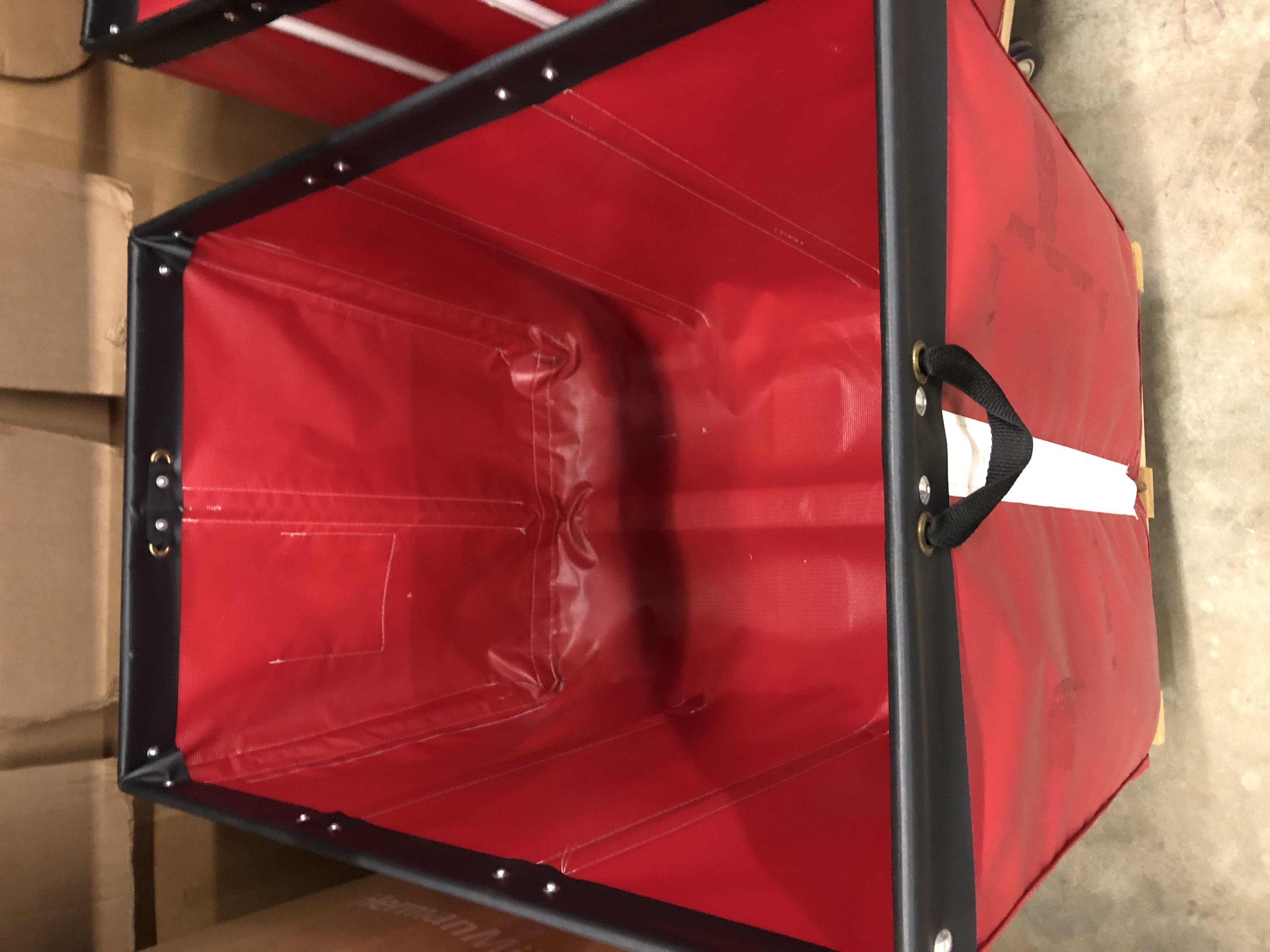Having a Heart for the Hungry
A hot meal on a cold night warms the body, heart and soul, but many in Omaha struggle to find enough to eat in the evenings. One program with The Salvation Army Omaha, known as Winter Night Watch, helps alleviate the need for hundreds of hungry people five nights a week.
That need is increasing. The USDA ,in October 2023, released a study on Household Food Security in the United States showing in Nebraska, more than 12% of people consider themselves food insecure. This is defined as people who are uncertain of, or limited in, having adequate access to food.
The number is up 2% from the study’s previous findings, released in September 2020. Maria Moreno, divisional emergency disaster services director at The Salvation Army’s Western Division, has seen the need for warm meals go up over the past two years.
“It has been a consistent incline since I started almost two years ago,” Moreno said. “I think right now we’re sitting at 8,400 meals at the end of January. We were, same time last year, about 8,000 … The year before that we were right at 7,000.”
In fact, Moreno and her staff put in a request for more meals to be distributed through the end of the Winter Night Watch program. The meal includes a hot sandwich, chips and cookies, and they don’t turn anyone away. Moreno said she is seeing people from all walks of life needing help with the evening meal.
“We will have cars of families who will park there, knowing they can go and pick up a meal,” Moreno said. “Whether they are short of money, or that just helps them meet ends, they are taking advantage of that.”
Many people who live in the apartment complexes in the area around 24th and Leavenworth streets to 28th Street and St. Mary’s Avenue have been coming out in the evening to get a meal, also. In fact, Moreno said that while their south route (24th and N streets to 15th Street and Park Avenue) traditionally serves more people, the aforementioned area known as the central route has seen more people coming to receive a meal this year.
 While the meal is greatly appreciated by those in need, the program also distributes warm clothing items such as coats or mittens, and blankets. In December 2023, the program distributed 500 coats. In December 2022, the program distributed 84 coats.
While the meal is greatly appreciated by those in need, the program also distributes warm clothing items such as coats or mittens, and blankets. In December 2023, the program distributed 500 coats. In December 2022, the program distributed 84 coats.
The program will go until the start of meteorological spring (March 1), so there is still time for those who want to donate money or warm items. Moreno stressed that even late-coming, program-specific donations of warm items are appreciated, and if they are not used this year, they will be stored until the start of next Winter Night Watch season in December
